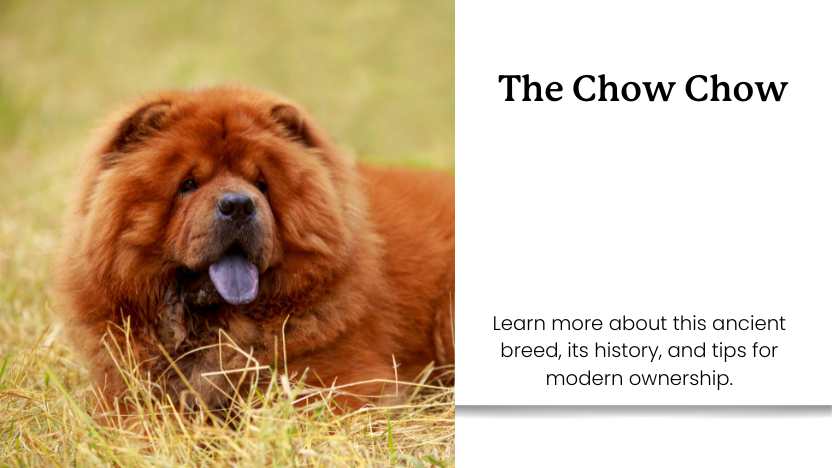The Newfoundland was bred to be a working dog developed on the rugged coasts of Newfoundland, Canada. Originally used by fishermen to haul nets, pull carts, and rescue people from icy waters, these massive dogs are famous for their strength, loyalty, and sweet temperament.
Newfoundlands—often called “Newfies”—are gentle giants with an affectionate, calm nature that makes them ideal family dogs. But like other large and giant breeds, they are prone to hip and joint issues that can significantly impact their mobility. This guide explores the Newfoundland’s history, personality, common health problems, and how to support them through every stage of life.
Let’s dive in.
The History of Newfoundlands
The Newfoundland breed was developed on the Canadian island of the same name, where they were a fisherman’s best friend. Their origins likely trace back to a mix of European working breeds brought by settlers in the 1600s, blended with native dogs adapted to the cold, wet environment.
Newfies were used to pull heavy loads, carry gear, and even swim out to retrieve broken nets or fallen sailors. Their large build, water-resistant double coat, and webbed feet made them particularly well suited for the harsh, icy Atlantic waters.

In the 1800s, their heroism in water rescues became legendary, and the breed was celebrated throughout Europe. Even today, Newfoundlands are known for their strong swimming ability and natural life-saving instincts.
Newfoundlands Today
Modern Newfoundlands still possess the traits that made them exceptional working dogs—calm demeanor, strength, and strong swimming ability—but they’re more commonly found snoozing at home than working on fishing boats.
They’re often chosen as therapy dogs or family pets thanks to their affectionate nature and patience with children. However, their size and grooming needs make them better suited for owners who can provide a spacious, structured, and health-conscious home.
Newfoundland Temperament & Personality
Newfoundlands are often described as “gentle giants.” They’re calm, affectionate, and surprisingly easygoing for their size. Most Newfies get along well with children, other dogs, and even cats when socialized properly.
They’re naturally nurturing and protective—but not in an aggressive way. Instead, they keep a quiet watch and prefer to place themselves between you and anything they see as a concern. They love being close to their people, often acting like oversized lap dogs despite weighing 100+ pounds.
Because they’re so people-oriented, they do best in homes where they’re not left alone for long periods. They’re sensitive, and a lack of attention or stimulation can lead to boredom or separation anxiety.
Common Health Issues in Newfoundlands
Newfoundlands, like most giant breeds, face a number of health challenges—most notably hip and elbow dysplasia. Their large size and rapid growth rate put significant stress on their joints, often leading to degeneration if not properly managed.
Hip dysplasia in Newfoundlands can begin as early as puppyhood. It’s caused by abnormal development of the hip joint, which can lead to pain, inflammation, and arthritis. In fact, the breed is consistently ranked among those with the highest incidence of this condition.
To help reduce joint-related issues:
- Feed a large-breed–specific diet during growth phases
- Avoid excessive jumping and rough play during development
- Maintain a healthy weight at all stages of life
- Use joint-supportive supplements like glucosamine, turmeric, and CBD oil or chews
Newfoundlands are also prone to bloat (gastric torsion), subaortic stenosis (a heart condition), and cystinuria (a kidney-related disorder). Regular veterinary care, genetic screening, and preventive wellness can make a big difference.
Is a Newfoundland Right for You?
Newfoundlands are calm, loving, and gentle-hearted dogs that bring peace and comfort to the families they join. But make no mistake—these dogs are massive, and their care can be demanding.
If you’re up for regular grooming, have the space, and can commit to early joint care and ongoing preventive health, Newfies make amazing companions. They’re ideal for those who want a devoted, relaxed dog that just happens to come in a very large package.
With love, structure, and smart support, your Newfoundland will return your care with years of loyalty, affection, and quiet companionship.









